What we do
ANALYZE, VISUALIZE & EVALUATE human-centric data
Communities all over the US use our data tools and custom solutions to effectively measure, reduce, and end homelessness equitably. In addition to data coaching, infrastructure building, and analytics, we also hold regular Tableau and Excel trainings to build self-sufficiency and sustainability in communities.
OUR APPROACH
Data capacity building and coaching
Creating and Maintaining By Name Lists (BNL)
Coaching from BNL Inception to Real-Time Data Sustainability
Expertise in HMIS Reports, Logic Flow Development, and Data Transformation
Complex BNL Logic Flow Development:
Testing and Problem Solving with Communities
Ensuring Quality Data Sustainability
HMIS Technical Assistance:
Guidance and Support
Troubleshooting and Resolution
Providing Expert
HMIS Universe Technical Training:
Comprehensive Training Perspective
Equipping with Tableau, Looker, Excel, Python, R, etc.
Cultivating a Data-Driven Culture:.
Facilitating Decision-Making through Data
Establishing Best Practices for Effective Data Use
Case Conferencing Infrastructure:
Establishing Effective Real-Time Data Meeting Structures
Addressing Community Data Needs
Tools Training:
- Providing Expertise in Tableau, Looker, Excel, Python, R, etc.
- Empowering with Skills for Data Analysis and Visualization
data engineering and analysis
Stand Alone Applications:
Creating custom stand-alone data tools on python for communities to quickly transform their HMIS raw data into a By Name List and/or to scrape millions of rows worth of data or build a prioritization tool, etc.
Automation:
Creating automated data pipelines to aggregate data from multiple sources via python-based scripts in seconds. Create ETL (Extract Transform Load) pipelines for database management.
Data Analysis:
developing custom tools and dashboards to support continuous quality improvement (CQI).
Diversion or Other Custom Program Infrastructure:
Designing purpose-built and functional custom data infrastructure (from data collection, data storage and management to data analysis) to launch diversion, flexible fund, or other program/projects.
Data Driven Decision Making:
Utilizing HMIS data to help communities make data informed decisions, uncover points where disproportionality exists in the homelessness system, and create tangible measures for improvement.
Large scale change
End-to-End Oversight of System Change Initiatives:
Strategy Creation, Management, and Implementation
Resource Allocation, Stakeholder Engagement, and Continuous Improvement
Cross Sector Community Improvement Teams:
Establishment and Structure
Team Support and Development
Sector Collaboration and Coordination
Measurement Strategies for LGBTQ+ and Racial Justice:
Strategy Design and Implementation
Centering LGBTQ+ and Racial Justice
System-Level Outcome Integration
Mentoring Initiative Staff:
- Data Team Recruitment
- Supervision and Leadership
- Ongoing Support and Professional Development
Research and evaluation
System level data analysis specializing in racial equity
Identify racial and LGBTQ+ disproportionality in the homelessness (or other) system and working with the community to develop recommendations to improve (requires community to provide a specific data set).
Developing equitable measurement and evaluation plans:
For homelessness and other projects/programs.
Housing gap analysis model:
Measuring a community’s housing supply and demand to estimate the gap required to fill in order to reach functional zero (requires community to provide a specific data set).
Data analysis and Data Science:
Creating data visualizations, complex data science models and report writing for research and evaluation projects.

